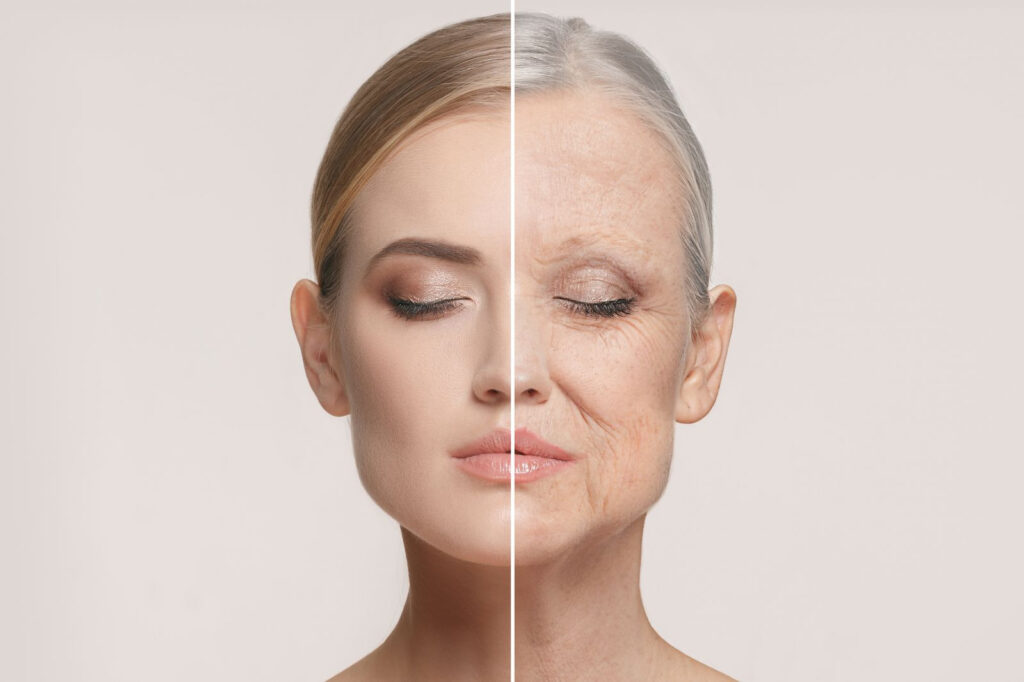“Why You Might Be Low on Vitamin D—and What to Do About It”

Vitamin D doesn’t always get the spotlight, but it plays a huge role in keeping your body running smoothly. It helps regulate calcium, keeps your bones strong, supports immune function, and even plays a part in your mood. But despite its importance, a surprising number of people are deficient—and many don’t even realize it.
So, why are so many of us running low on this crucial nutrient? Let’s break it down.
Table of Contents
1. You’re Not Getting Enough Sun

Vitamin D is sometimes called the “sunshine vitamin” because your skin produces it when exposed to sunlight. But if you spend most of your time indoors (thanks, office life), wear strong sunscreen (which blocks UVB rays), or live in a place with long winters or limited sunlight, your body might not be making enough.
Fix: Try to get 10–30 minutes of direct sunlight a few times a week, especially during midday. Just be cautious—too much sun exposure without protection can increase your risk of skin damage.
2. Your Diet Might Be Lacking

Unlike other vitamins, Vitamin D isn’t found in a ton of foods. Fatty fish like salmon, fortified milk, egg yolks, and mushrooms exposed to sunlight are a few sources, but many people don’t eat these regularly.
Fix: Add more Vitamin D-rich foods to your diet, or consider fortified products like cereals, plant-based milks, and orange juice.
3. Your Skin Tone or Age Could Be a Factor

Darker skin tones have more melanin, which can reduce the skin’s ability to produce vitamin D from sunlight. And as we age, our skin becomes less efficient at making it, too.
Fix: If you’re at higher risk due to skin tone or age, talk to your doctor about whether you should get your vitamin D levels tested—and whether supplementation might be a good idea.
4. Certain Health Conditions Can Interfere

Some health issues, like Crohn’s disease, celiac disease, or kidney problems, can interfere with your body’s ability to absorb or convert vitamin D properly.
Fix: If you have a chronic health condition and also experience fatigue, bone pain, or frequent illness, it’s worth asking your healthcare provider to check your levels.
Vitamin D deficiency is more common than you might think—but it’s also usually easy to fix once you’re aware of it. Whether it’s making a few lifestyle changes or taking a supplement, keeping your vitamin D levels in check can have a big impact on how you feel, move, and even think.
So the next time you’re outside and the sun’s out, take a few minutes to soak it in (safely). Your body—and your bones—will thank you.
Ayushman Bharat: 2018 Transforming Healthcare Access for All








